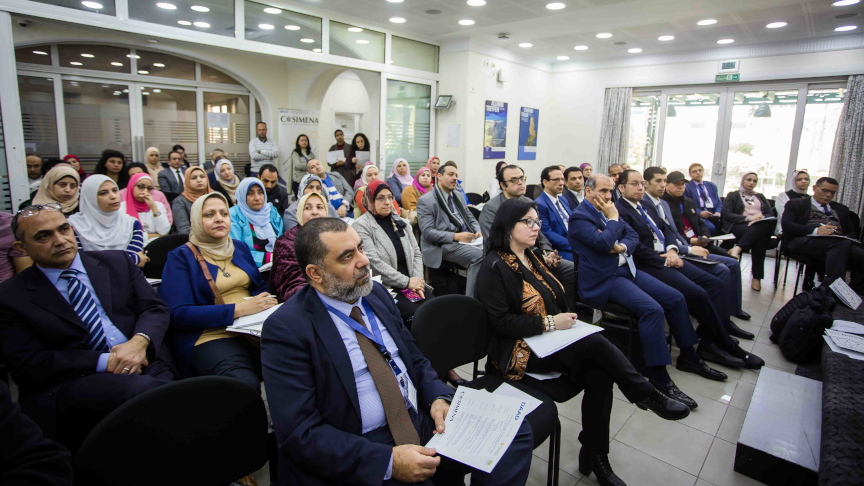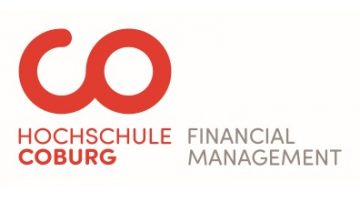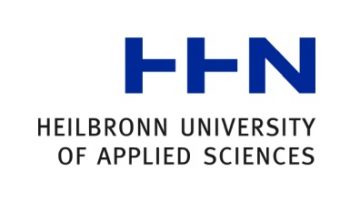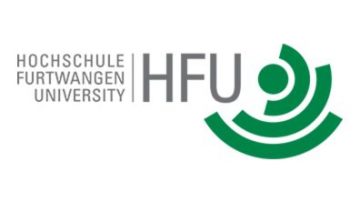Agriculture Cluster Conference

While this isn’t DAAD’s first conference on food production and agriculture in Egypt, this cluster is envisioned as a long-lasting policy and research hub. Its members, each equipped with specific sets of skills that range from pest control, soil enrichment, politics, economics, veterinary medicine to climate change effects on crops and innovative technologies, will be meeting regularly in an attempt to strengthen and streamline Egypt’s food production, and ensure its sustainability.
On the evening of 21 February, Dr. Roman Luckscheiter, Director of the DAAD in Egypt, opened the conference together with Rauia Toama, the German Embassy’s Science Attaché, and Dr. Shireen Assem, Head of Egypt’s Agricultural Genetic Engineering Research Institute (AGERI), which is a part of the Agricultural Research Center (ARC). The opening remarks were followed by an hour-long panel discussion identifying the gaps between research and implementation for better food production and management, moderated by Dr. Clemens Breisinger, Director of the International Food Production Research Institute (IFPRI) in Egypt.
“This Agriculture Cluster is one of COSIMENA’s seven issue-driven clusters that cover water, economy, energy, health, urbanism and cultural heritage,” stated Luckscheiter who pointed out that food systems can become engines of development in both rural and urban settings. Scientific innovation, he added, is a driver for inclusive growth and sustainable development as well as an important tool in reducing inequalities. Toama stressed that climate change, diseases and pests are some of the most urgent challenges to tackle and believes that accrued collaboration between researchers from various disciplines is key to surmounting them. Assem mentioned that countless ARC researchers received their education in Germany and that collaboration with the DAAD has been sustainable and fruitful. ARC scientists work on the adoption of innovative technologies, the development of new crop varieties with improved traits, the establishment of better food processing techniques and the introduction of new crop and animal breeds.
The following panel brought together Dr. Kerstin Dorothee Wydra from University of Applied Sciences Erfurt, Karlheinz Weinfurtner from Fraunhofer Institute for Molecular Biology and Applied Ecology (IME), Prof. Hany El Kateb from the Technical University of Munich who advises President Sisi on agricultural matters, Racha Ramadan from Cairo University and Dr. Mohamed Yousri Hashem, Head of Heliopolis University.
They discussed ways to reduce the gap that currently exists between research activities and policy implementation and whether research systematically addresses the pressing needs defined by the government. Since this isn’t always the case, research can be largely ignored by policy makers and its chances of application in the field limited. However, the panellists agreed that research should be a key component of the country’s overall strategy to tackle food production, waste reduction and water conservation while ensuring better crop yields. For this, scientists need to increasingly engage in multidisciplinary research and bring together agronomists, economists, gender and social researchers as well as the private sector, specifically SMEs. The need for additional data and surveys was also noted as well as an evaluation of previous large agricultural projects to ensure the viability of the 1.5 Million Feddan Project spearheaded by President Sisi.
On the following day, experts in water, agriculture, policy, economics, agroforestry and aquaponics all presented their vision on how to ensure the sustainability of Egypt’s food production. Some underlined the merits of soilless agriculture in Egypt, particularly aquaculture; others explained why agroforestry needs to expand alongside desert agriculture. Yet other experts looked into soil fertility improvement and the future of desalinated water for agricultural use.
Overall, they believe in the merits of organising and pooling their skills together within this cluster, not just to identify challenges and hurdles related to food production in Egypt but specifically to come up with efficient solutions to improve the sector through innovation and collaboration.
Report by Ms. Louise Sarant





